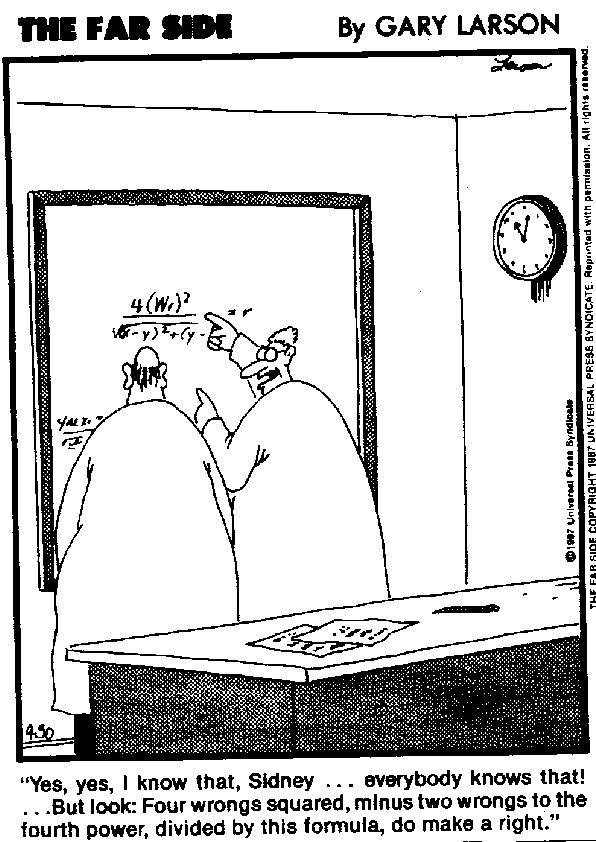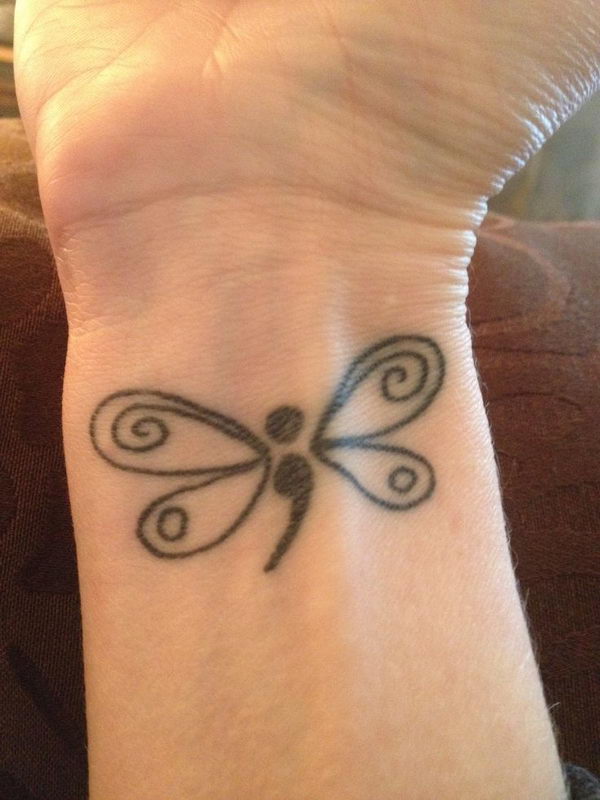Dreams are meant to motivate people to work. They are desires which may end up becoming a reality. However, dreams should not be focused on to the point where nothing else matters. Sure, dreams are nice, but tunnel visioning on a single dream isn't the way to go. In Gatsby's case, his absolute focus on his dream of ending up with Daisy led to his ultimate demise. His dream of being with Daisy causes him to be willing to take the blame for Myrtle's death, and he even tells Nick, "I'll say I was" (143) when Nick asks Gatsby if Daisy was driving. Gatsby's focus on his ultimate dream of being with Daisy prevents him from seeing the repercussions of his actions and decisions. There's no way Gatsby can be with Daisy if he's in jail, or in this case, dead. Not only is tunnel visioning on a dream bad, but it also leads to the inflation of said dream. Nick realizes that through the years, Gatsby's expectations of Daisy may be higher than she can ever achieve; during the tea time with Gatsby and Daisy, Nick thinks that in some ways Daisy must have "tumbled short of his dreams" (95). Therefore, focusing on one dream is good, but it should not dictate someone's life. In Gatsby's case, his inability to move on from Daisy led to his ultimate demise. Sometimes it's better to let a dream go than to go down with it, for letting go of one dream may sprout new dreams to pursue. Broken dreams not only make people stronger, but they allow people to continue to chase better, bigger dreams.
Therefore, people should always chase their dreams, but they shouldn't let their dreams solely control their lives.




